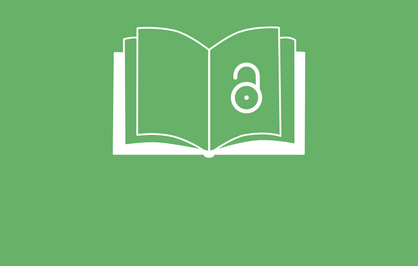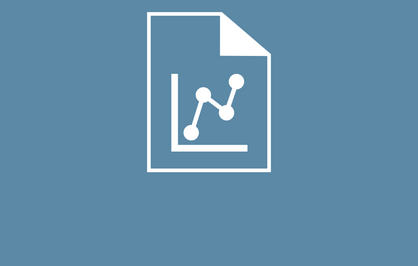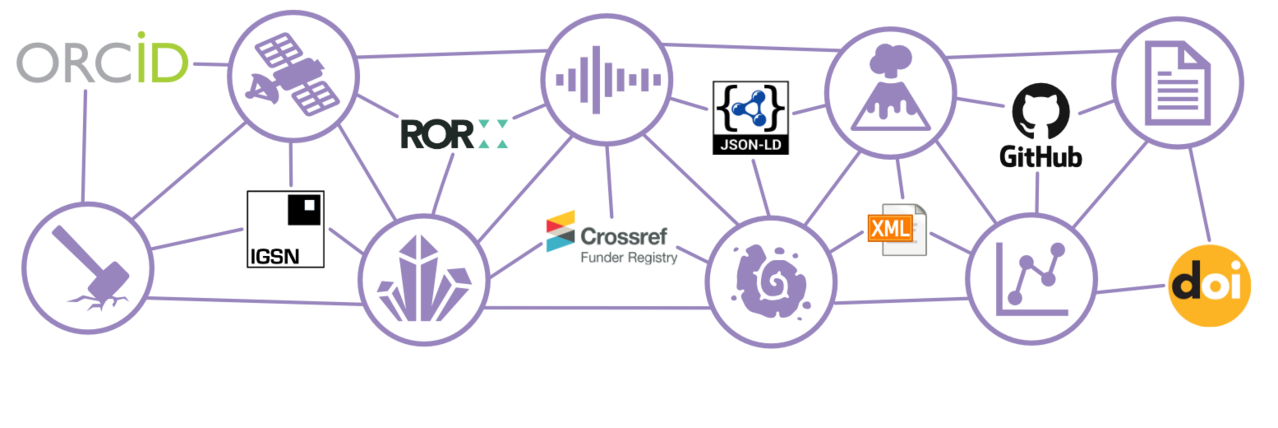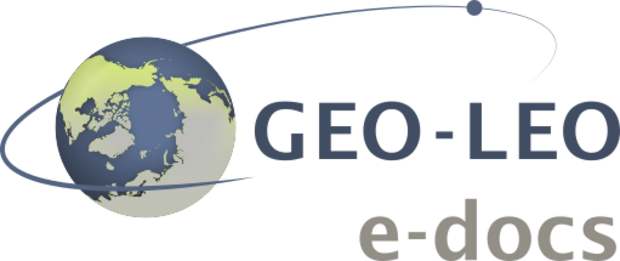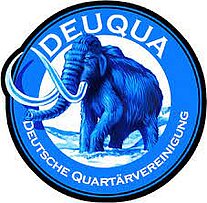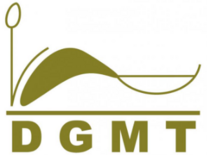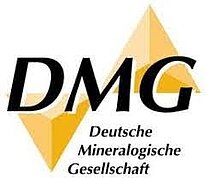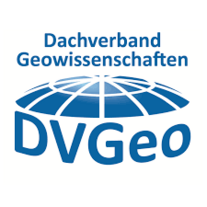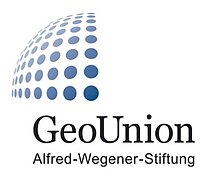Geowissenschaftlich spezialisierte Suchmaschinen
Für die Quellenrecherche zu geowissenschaftlichen Themen nutzen Sie gern unsere assoziierten Bibliothekssuchmaschinen Albert und GEO-LEO.
Die Bibliothekssuchmaschine ALBERT (All Library Books, journals and Electronic Records Telegrafenberg) vereint die Funktionalität eines Bibliothekskatalogs mit gedruckten Büchern, Zeitschriften und Karten mit vielfältigen und umfangreichen elektronischen Ressourcen wie E-Books, Online-Artikeln, Forschungsdaten und Datenbanken. Sobald Artikel aus relevanten Zeitschriften online sind, weist ALBERT diese nach.
GEO-LEO ist eine Metasuchmaschine für die Recherche nach Informationsquellen zum System Erde und Weltall. Sie erschließt fachspezifische Literaturbestände und digitale Medien verschiedener fachrelevanter Anbieter für die Forschung in Deutschland. Neben der einfachen und erweiterten Suche gibt es auch thematische Sucheinstiege.
Suchportal für geologische Karten (FID GEO)
Die interaktive Übersichtskarte auf GEO-LEOe-docs bietet Zugriff auf die online frei verfügbaren Blätter der Geologischen Karten (GK25, GK50). Hier sind unter anderem die bereits auf GEO-LEOe-docs verfügbaren Kartenblätter des Werks, i.d.R. mitsamt zugehöriger Erläuterungshefte, verzeichnet.
Suchportal für topographische Karten (FID Karten)
Unser Partner-Fachinformationsdienst, der FID Karten, bietet auf seiner Webseite verschiedene Kartenkataloge, inklusive eines hohen Umfangs an topographischen Karten mit Verlinkungen zu weltweit nationalen und regional übergreifenden Geoportalen sowie Links zu verschiedenen länderspezifischen geodätischen Informationen (Projektionen, Datumsangaben).
Die Suche erfolgt alphabetisch nach Ländernamen unter: Topo-Liste.
Fachrepositorien für Texte und Daten
GEO-LEOe-docs ist das geowissenschaftliche Fachrepositorium für Texte und Karten, welches durch den FID GEO betreut und an der Niedersächsischen Staats- und Universitätsbibliothek Göttingen (SUB Göttingen) betrieben wird. GEO-LEOe-docs dient als Plattform für Open-Access-Zweitveröffentlichungen, bietet darüber hinaus eine interaktive Übersichtskarte mit Zugang zu digitalisierten Geologischen Karten (GK25, GK50). Auf GEO-LEOe-docs sind alle Dokumente frei zugänglich und mit DOI referenziert. Diverse fortlaufende Netzpublikationen erscheinen hier als digitale Erstveröffentlichungen.
GFZ Data Services ist das fachspezifische Forschungsdaten Repositorium für die Geowissenschaften und benachbarte Disziplinen, über das bereits seit 2004 Forschungsdaten mit DOI veröffentlicht werden. Heute ist GFZ Data Services ein international anerkanntes Repositorium für zitierbare und mit DOI referenzierte geowissenschaftliche Daten, Software und der Vergabe von IGSN International Generic Sample Numbers (PID für physische Proben).
Aktuelle Nachrichten
FID GEO call for abstracts GeoUtrecht2020
Section 6, Theme 6.1, Session 6.1.1 ‚Research data and software management in times of FAIR and Open Data‚
Chairs: Andreas Hübner, GFZ German Research Centre for Geosciences; Dirk Fleischer, Kiel University
Demands for integrity, transparency and reproducibility of today’s research are increasing, posing new challenges for research data and software management in all science communities. The geoscience community is responding to these requests with a growing number of scientific networks and initiatives, at different levels and with varying thrust. Bottom-up driven initiatives like the Research Data Alliance (RDA) and national and international funding organizations bringing forward the German Alliance for Marine Science (DAM), the German National Research Data Infrastructure (NFDI) or the European Open Science Cloud (EOSC), all call for frictionless interoperability from the top-level side.All of this is supported by the intermediate activities like the Coalition for Publishing Data in the Earth and Space Sciences (COPDESS) and FAIR initiatives, promoting the cultural change in publishing and citation of data, samples and software in journal articles towards more transparent research. This session invites contributions that present novel approaches, best practices and community efforts in geoscience research data and research software management to enable open access and reuse of data and code.
Section 6, Theme 6.2, Session 6.2.2 ‚Concepts, practice and future of research data and software literacy‚
Chairs: Dirk Fleischer, Kiel University; Andreas Hübner, GFZ German Research Centre for Geosciences
Data Literacy is a fundamental competence to be able to participate in the digital world in science, work and society. Data Literacy is the ability to deal with data in a structured and systematic way and to use and question it consciously. Within recent years a strong call was made for improved ‚Data Literacy‘ and related ‚Future skills‘ for scientists. One prominent example in Germany was the launch of the funding programs for Data Literacy of the German ‚Stifterverband‘. The latter also participated in a combined call within the German state of North Rhine-Westphalia for institutions of higher education to provide data literacy education to the students with a total volume of 3 Mio Euro.This session invites presentations from people who are planning or already teaching ‚Data Literacy‘ and digital methods in their courses as a part of the general curricular. It may also worthwhile to share experiences with established programmes concerning Future Skills at an university. It is the intention of the session to provide examples of the multiple ways to take the education of the scientists of the future one step further by including data driven methods concurrent to teaching data creation.
FID GEO ist co-organiser von zwei Sessions auf der GeoUtrecht2020 (24.-26. August 2020, Utrecht, NL) und ruft dazu auf, Beiträge zu einer oder beiden Sessions einzureichen. Details zu den Sessions siehe unten. Deadline für die Einreichung von abstracts: Dienstag, 5. Mai 2020.

